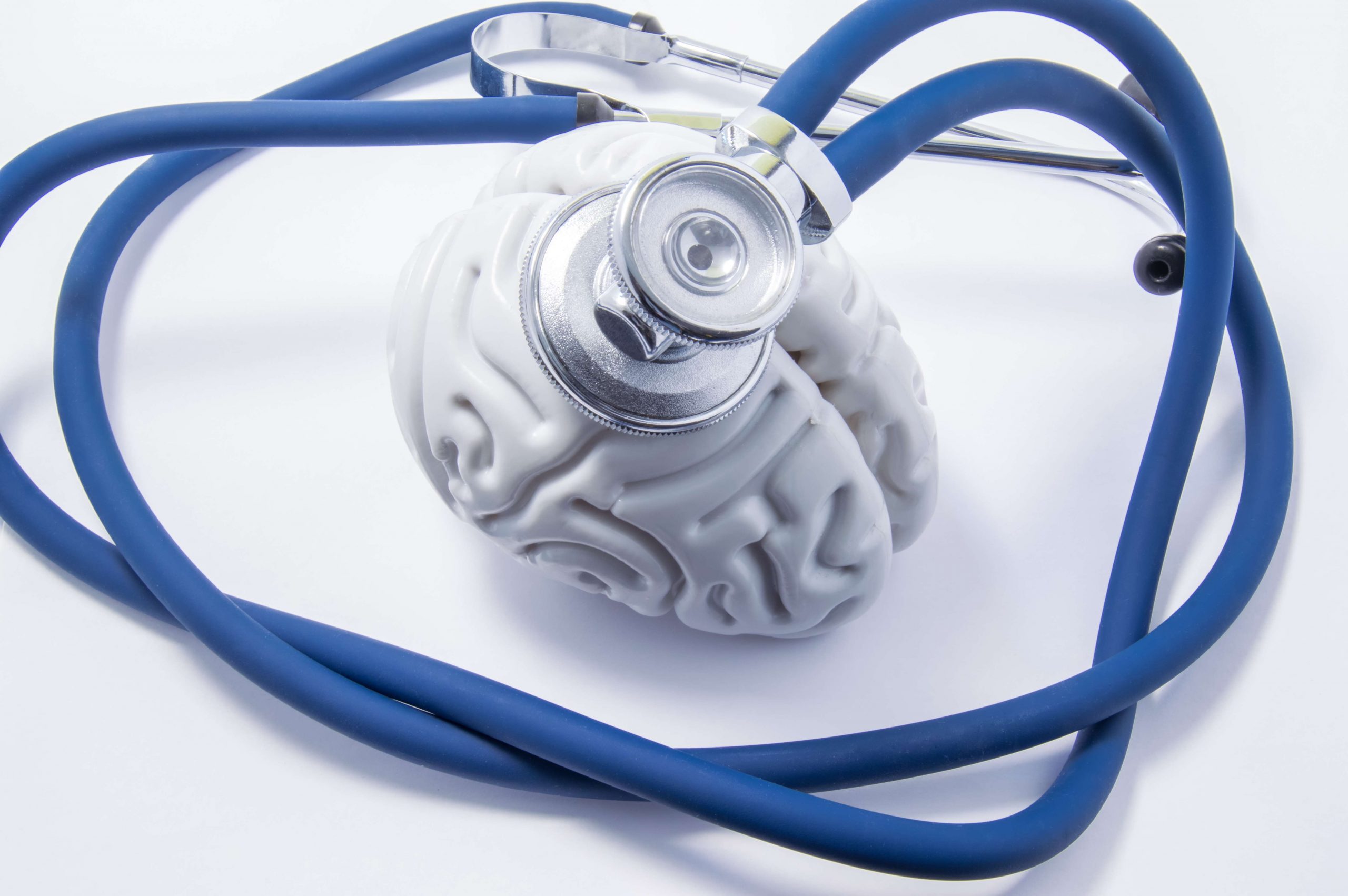We will also look at what causes alcohol allergies and review the differences between alcohol allergy and intolerance. Alcohol intolerance occurs when your body doesn’t have the proper enzymes to break down (metabolize) the toxins in alcohol. This is caused by inherited (genetic) traits most often found https://mytopgear.ru/topgear/richard-hammonds-top-gear-uncovered-dvd/ in Asians. With medical big data and proven AI algorithms, eHealthMe provides a platform for everyone to run phase IV clinical trials. Results of our real-world drug study have been referenced on 700+ peer-reviewed medical publications, including The Lancet, Mayo Clinic Proceedings, and Nature.
- In either case, the result is less acetaldehyde being broken down into acetate.
- As mentioned, a true allergy to alcohol is extremely rare, though cases of skin reactions have happened.
- Nasal polyps are soft, noncancerous growths on the lining of the nose or sinuses.
- If you drink a beverage that causes a mild reaction, over-the-counter antihistamines might help relieve symptoms.
- Always seek the advice of your physician or other qualified health provider with any questions you may have regarding a medical condition.
- While the main ingredient in beer is water, people with beer allergy symptoms are often sensitive to beer ingredients like wheat, yeast, sulfites, and histamine.
What Are the Effects of Mixing Cocaine and Alcohol?
- Often drinks containing a higher content of pure alcohol, such as gin or vodka, have fewer congeners compared to drinks with less pure alcohol, such as red wine or whiskey.
- An allergy to any of these ingredients can cause nausea, as well as rash, swelling, stomach cramps, and difficulty breathing.
- Rhinitis is often broken down into allergic and nonallergic rhinitis.
- Others might only develop them shortly after finishing 1 or 2 drinks.
If you’re allergic to wine, you may notice that you sneeze more after drinking it. If you’ve been asking yourself, why do I sneeze when I drink alcohol? Rinsing your nose with salt water or a saline solution will help to soothe the mucous membranes in your nose and reduce inflammation. If you find that warm drinks make you sneeze, try chilling them before you drink them. Anaphylaxis is a rare but severe allergic reaction possible with any allergy, including beer or its ingredients. Gustatory rhinitis is the medical term for a runny nose or sneezing you may get after you eat hot or spicy foods.

What are the symptoms of an alcohol allergy?
It’s possible to develop an alcohol allergy at any point in your life. Sudden onset of symptoms may also be caused by a newly developed intolerance. In rare cases, pain after drinking alcohol might be a sign that you have Hodgkin’s lymphoma.

Is it possible to be allergic to alcohol?
As you can imagine, this can turn quite dangerous if the dizziness is severe. If you experience this particular symptom, it’s important to seek medical advice before drinking alcohol again. Another common symptom you may experience is a stuffy nose or nasal congestion. This symptom can be similar to symptoms of http://march-club.ru/forums/index.php?showtopic=445&st=0 Hay fever or seasonal allergies. Depending on the allergy severity, a person may treat symptoms with over-the-counter medications, such as oral antihistamines, if the reaction is mild. If a person is allergic to a particular ingredient found in some drinks, they could switch to drinks that do not contain it.

Ways To Stop Drinking Alcohol
The only way to avoid beer allergy symptoms is to avoid drinking beer. If you might have a beer allergy, a provider would use common ingredients in beer (e.g., wheat and barley) for the test. If you are allergic to these ingredients, your skin will itch or you’ll get a rash during the test. Our bodies naturally created histamines which are chemicals also found in certain foods and alcoholic beverages like beer, champagne and wine. Many people with alcohol intolerance report feeling a rapid heartbeat or experiencing a more pronounced and increased heart rate. If you have an intolerance to alcohol but decide to drink anyway and experience this symptom, it can be very difficult to ignore.
Stuffy Nose or Nasal Congestion
For many individuals, alcohol-induced sneezing is indeed temporary and subsides soon after consuming alcohol. However, if it persists or becomes a consistent reaction, seeking advice from a healthcare professional is recommended. While alcohol content does not directly cause sneezing, it can contribute to nasal congestion or irritation, potentially triggering sneezing in some individuals. If you find that straight spirits make you sneeze, try diluting them with water or soda before you drink them. This will reduce the alcohol in the drink and make it less likely to trigger a sneeze. If you might have an intolerance instead of an allergy, you could see a gastroenterologist, a healthcare provider specializing in digestive issues.
Microplastics in Alcohol: A Hidden Risk for ALDH2 Deficient Drinkers
The bad news is that you can’t really do much about it, or that unwelcome nasal congestion that comes along with it, aside from just not drinking alcohol. A true allergic reaction happens when your immune system goes into overdrive to attack something it sees as a threat. Allergic reactions can cause hives, facial swelling, nausea, and vomiting. They can also lead to life-threatening reactions like anaphylaxis. If someone has a true allergy to alcohol, they should avoid the substance entirely. People with alcohol intolerance could still consume alcohol, although they will likely experience side effects.
If sneezing impacts your quality of life, talk to your doctor about ways to reduce or eliminate the problem. Applying a cold compress to your nose will help to soothe the mucous membranes in your nose and reduce inflammation. Food intolerances are far more common than food allergies, affecting up to 20% http://www.endeav.org/page.php?id=62&print=page of people worldwide. If you have a sulfite allergy, you will have symptoms when you drink beer. As a result, they cannot prevent histamine from entering the bloodstream and causing symptoms. People with histamine intolerance have decreased or inhibited enzymes that break down histamine from food.
In conclusion, if you find yourself sneezing when you drink alcohol, know that you are not alone. This reaction is a result of vasodilation and increased sensitivity of nerve endings in your nasal passages. While alcohol-induced sneezing is generally harmless, taking note of any severe or persistent symptoms is essential.
